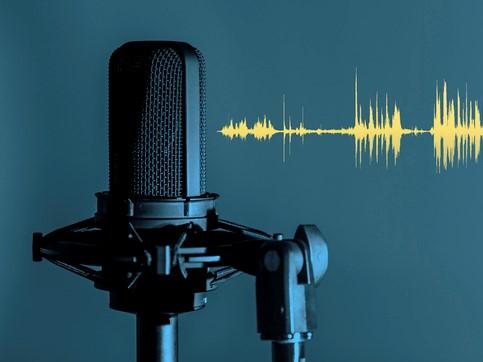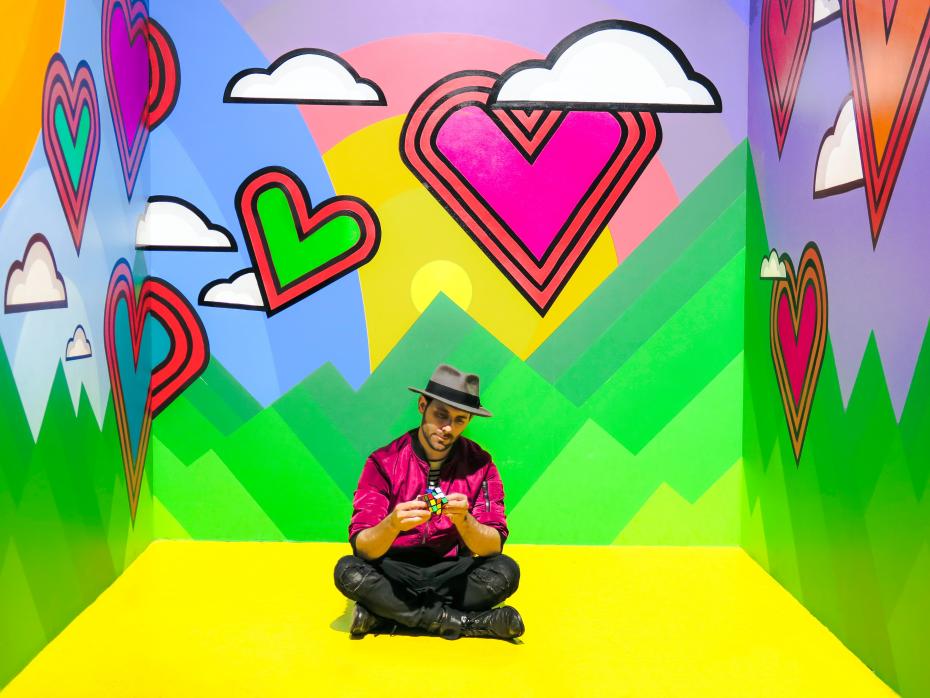Podcasts are now an established part of the academic terrain. The relatively low costs of microphones and developing rudimentary editing skills help provide the possibility for scholars to promote their ideas and address wider audiences. A simple search engine enquiry for any academic keyword will quickly reveal a large volume of podcast material and demonstrate the enthusiasm with which scholars launch their new shows.
But perhaps the most interesting potential of podcasting is not its potential to help disseminate research but its pedagogical value for the new age of blended learning.
A podcast, after all, allows students to engage with course content at their own convenience while, for example, commuting. The format means that curriculum content can be delivered in a way that is palatable and relevant to contemporary media consumption and that can help overcome most problems students experience when streaming content via limited wi-fi access. Podcasting also lends itself to a more conversational and informal mode of presentation that helps move pedagogy further away from formats that alienate students.
- The summer life of a teacher can be a boon for creativity in the classroom
- Picture this! Teaching difficult concepts through comics
- The rise and rise of the lecture-tainer
With such thoughts in mind, I attempted to experiment with podcast as pedagogy for the development of new curriculum content for the online BSc marketing that Royal Holloway is creating as part of a collaboration between the University of London and Coursera. This is a mode of engagement based almost exclusively on distance learning, and it therefore requires high-quality modes of delivery. As I personally find it dull to create, let alone listen to, Powerpoint slides accompanied by a voice-over recording, I decided to attempt to structure the module around some newly created podcasts.
I determined it best to prepare the podcasts in the form of a two-way dialogue and was delighted when my colleague Paul Haynes agreed to volunteer his time to present them with me. We found the preparation quite straightforward; we agreed on a schedule of topics and keywords then loosely defined the parameters of each discussion. We were then able to further sharpen our knowledge on these topics and gather our thoughts and discuss them together.
While we had a general plan for how each discussion would go, it was important to proceed unscripted and give discussions a flavour of genuine conversation that might help convey our personal enthusiasm and curiosity about the topics while allowing us to express our personalities.
As Paul rarely allows an opportunity for a pun to pass, I challenged him to develop a joke for each topic. Hence each session was structured towards the unveiling of a joke. And Paul did not disappoint. For our discussion on materiality, Paul noted that the subject could also be manifest in conceptual terms – “opinions can be suede”. And he concluded our discussion about consumer society by noting that the Vision Council of America approximates that 64 per cent of adults wear eyeglasses; truly a society of the spectacle.
It was at this point that I realised we might just have stumbled on our true once-in-a-career innovation through Paul’s brilliance: the dad joke as pedagogy! The point, of course, is that we wanted to insert personality and lightness of touch into academic topics that are traditionally difficult and often intimidating for students.
The module textbook was written by our colleague Chris Hackley and, noting how some of its key concepts, such as the mise-en-scène, might be difficult for students to grasp, we invited Chris on to the podcast to explain them to us, which he was happy to do. Having the opportunity to invite the authors of key readings to explain and discuss their ideas will, we hope, make the course feel more friendly and welcoming to students. Perhaps having listened to his explanations, students might not just understand his ideas better but also read his books henceforth with Chris’ sonorous Yorkshire tones in mind – and be all the happier for it.
Discipline was also required. We had to repress our verbose tendencies, avoid the temptation of tangents and limit our discussions by getting to the point efficiently and clearly. And it was not necessarily easy for us to limit each episode to a maximum of 25 minutes. We had to learn not to speak across each other and would communicate silently via text message. Rather than send polite but distracting messages, we announced our desire to interrupt by simply texting “Me!”
Ever since, it strikes me that egomaniacal colleagues who raise their hand to make their “interventions” at conferences and seminars might more directly express their point by simply exclaiming “Me!” and leaving it at that.
What was most helpful was our access to professional editing teams at the University of London, meaning that final content was remastered and given a professional polish. At the time of production, we were working remotely and availed of a platform that allowed us to record over two separate channels, making editing more efficient. If we were doing it now, we would be able to use the University of London studios and enjoy more direction from their experienced audiovisual production team and achieve a more professional finish. Next time.
The material will be launched for students in the coming academic term, and time will tell how effective the method is and if our innovative “Dad Jokes as Pedagogy” will mark a new paradigm of teaching excellence and student satisfaction. Our hope is that the recordings will be appreciated by students at least in terms of their convenience of access but also as a far more personable way of introducing them to complicated ideas and reminding them that underneath the dry dreariness of achieving learning outcomes and the like is the pleasure of learning and then discussing ideas.
Certainly it was a pleasure to make the episodes, and Paul and I enjoyed our opportunity to discuss core subject ideas in a more informal way and develop our own skills as communicators in the digital age of blended learning.
I wholeheartedly recommend podcasting, but it’s important that universities do not allow these experiments to be conducted on the cheap – they need to invest in studio-based resources and professional audiovisual teams who will help academics and edit their recordings.
University managers should also support faculty to collaborate with each other, not just to develop these convenient new forms of engaging students but also to rediscover in these forms their own sense of fun and enthusiasm for teaching and learning – which is exactly as it should be.
Alan Bradshaw is professor of marketing at Royal Holloway, University of London.
If you found this interesting and want advice and insight from academics and university staff delivered direct to your inbox each week sign up for the THE Campus newsletter.




comment